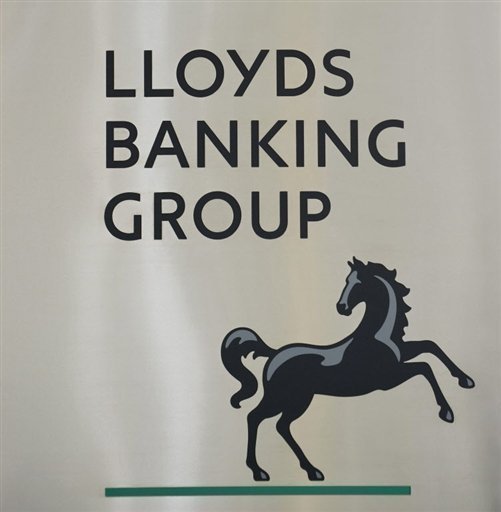
Lloyds Bank’s interim management statement for third quarter shows a stronger mortgage book. At 30 September 2024, the figure stood at £310.1bn, compared to £306.9bn at end of June 2024 – representing a 1% rise.
The bank reported statutory pretax profit for the July-September period of £1.82bn, a slight fall from the £1.86bn a year ago but ahead of the average analyst forecast of £1.6bn.
For the nine months to end of September the bank reveals a statutory profit after tax of £3.8bn, this is down on the £4.3bn for the same period in 2023.
Net income was also down 7% on the prior year and operating costs up 5% (including the Bank of England Levy), partly offset by a lower impairment charge.
Commenting on the latest figures Lloyds group chief executive Charlie Nunn said: “The Group delivered a robust financial performance in the third quarter of 2024, with growth in income alongside continued cost discipline and strong asset quality. Our performance allows us confidently to reaffirm our 2024 guidance.”
He added: “We are making good progress on our strategy and remain on track to deliver higher, more sustainable returns. As ever, we are guided by our purpose of Helping Britain Prosper and continuing to provide support to our customers. The strength of the group’s franchise, alongside our financial performance, enables us to deliver for all stakeholders.”
A J Bell investment director Russ Mould said there had been concern about the impact on consumer confidence from speculation ahead of the Budget but Lloyds painted a picture of improvement as its third quarter pre-tax profit beat expectations.
“The beat was driven by lower-than-expected impairments. The amount of bad debt being chalked up is still low and the bank and its customers will hope we’re now through the worst of the cost-of-living crisis.”
He added: “The other big positive surprise for investors was the quarter-on-quarter increase in the net interest margin – measuring the difference between what the bank pays out to depositors and charges those to whom it is lending money.
“The quarterly uptick in this key metric followed five quarters of decline and helped lend increased credibility to the company’s full-year target.”
Looking at the broader picture on mortgage rates, Lloyds chief Nunn earlier this month told BBC’s Laura Kuenssberg he expected mortgage rates to come down, but not to the near-zero rates seen were during the 2010s.
Asked if ‘cheap; mortgage deals were ever going to return, Nunn replied: “We do think they [mortgage rates] are going to continue to come down, but getting back to the level we saw in the last decade where interest rates were down at zero I think is unlikely.”



